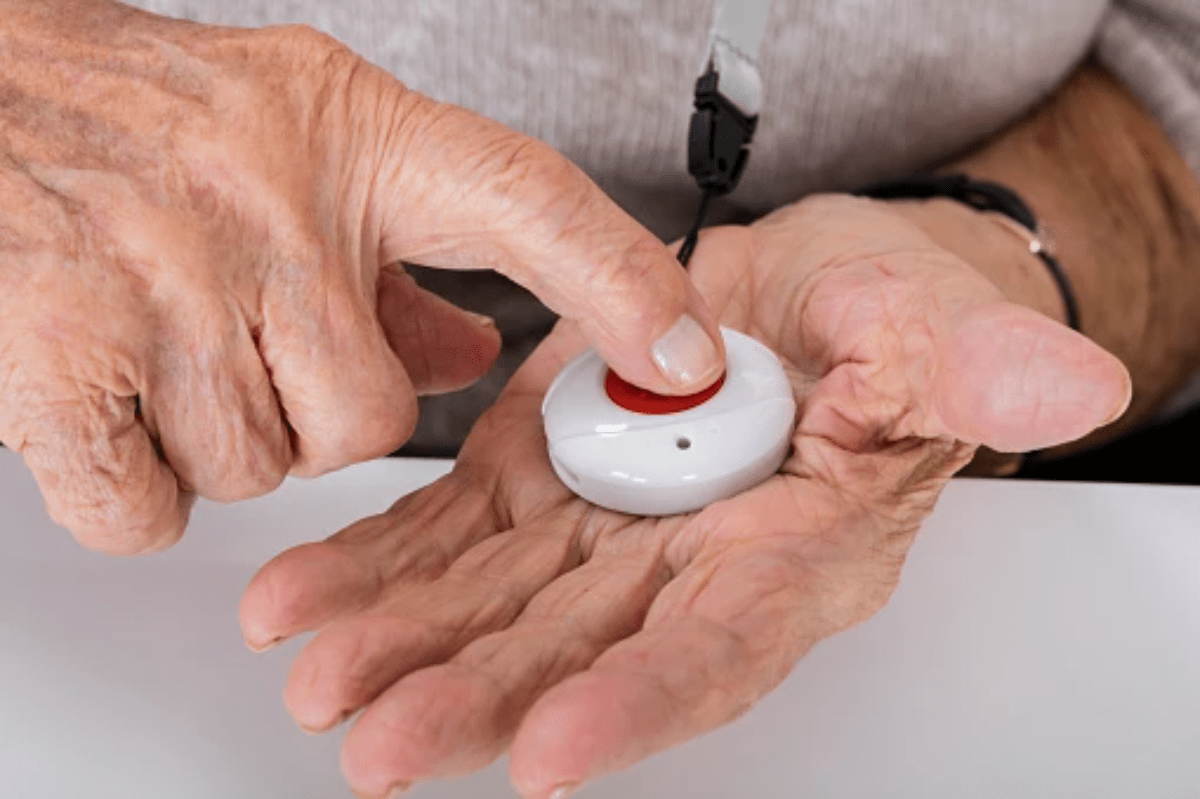
Medication management, more commonly known as medical practice review in the United Kingdom, is an independent service usually offered by pharmacies that aims to enhance results by aiding people to understand their medical conditions better and the drugs used in order to cure them. It also aims at reducing the number of prescribed medicines that are not responding positively to treatment by managing the entire process from the point of purchase to maintenance. Such a system requires the implementation of a number of strategies in order to work properly. As these have to be monitored and controlled on a global scale due to legal and regulatory constraints, efficient medication management often involves complex processes involving many partners and experts from different disciplines who contribute to the overall goals of the program.
The main aim behind medication management is the improvement of quality of life and therefore reducing the number of deaths related to long-term medical conditions such as heart failure, chronic obstructive pulmonary disease or chronic renal failure. However, effective programs also have other additional aims like preventing premature death through improving survival and morbidity rates, improving disability and functioning, prolonging survival and preventing morbidity. The methods used for achieving these aims depend on the type of medical condition, the severity of the condition and the available treatments. For example, in general heath care, the management program concentrates on preventing the occurrence and development of medical complications, improving quality of life and prolonging survival. Similarly, the approaches used for depression management in acute care settings include improving the satisfaction level of the patients, reducing the burden on the acute treatment staff and improving the quality of hospital care. You can visit this link: bluestarseniortech.com for more about medication management.
Apart from medication management programs in clinical and acute care settings, a similar type of program is also being widely used in rehabilitation settings. This is known as patient-centered therapy. The concept of this treatment is based on the belief that the symptoms of a patient can often be treated more effectively and even alleviated than the underlying cause of his condition. These programs include the use of medication, counseling and behavioral techniques in an attempt to help the patient overcome his problems.
However, in cases where medication needs to be discontinued, the medication management team should first assess the need for interruption of the medication in order to protect the patient's health and allow him to resume normal function normally. If the need for interruption arises, the medication manager may recommend that the doctor prescribe an alternative form of the drug that is equally or more effective. In cases where the doctor feels that discontinuation is necessary due to the side effects of the original drug, the team may discuss prescribing another form of the drug or even switching to a different medication altogether.
Other types of medication management programs exist for patients with psychiatric conditions such as those who are depressed or have an eating disorder. There is also a special medication management program for patients who are diabetic and need to control their blood glucose levels. This is because different levels of glucose may have different consequences on a patient's health. Generally, the doctors of such patients have to follow specific guidelines for the care of their condition and must carry out regular exercise as well to provide their patients with optimal benefits. You can view more now about the medication management programs.
A medication management team can also be helpful to people with chronic diseases. For example, people who are suffering from cancer, HIV or AIDS and the elderly can benefit a lot from a multidisciplinary team approach. They can offer medical advice to their respective patients, which may include medical monitoring, therapies, symptom control and drug therapy. All the members of the medication management team have to work together in order to provide excellent care to the patient. They have to support each other and encourage the patient so that he may fully recover and live a life free from the suffering caused by his illness. Check out this post that has expounded more on this topic: https://en.wikipedia.org/wiki/MedicAlert.